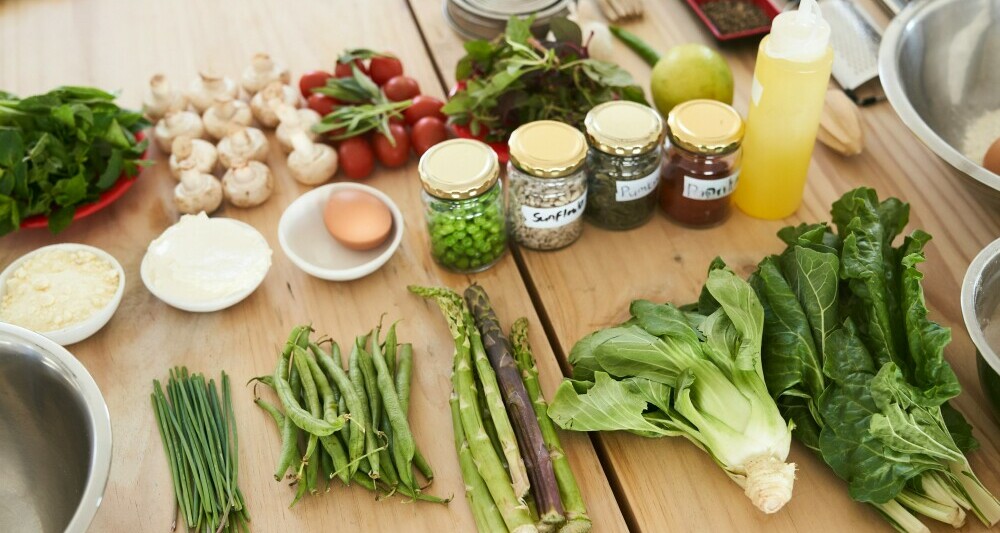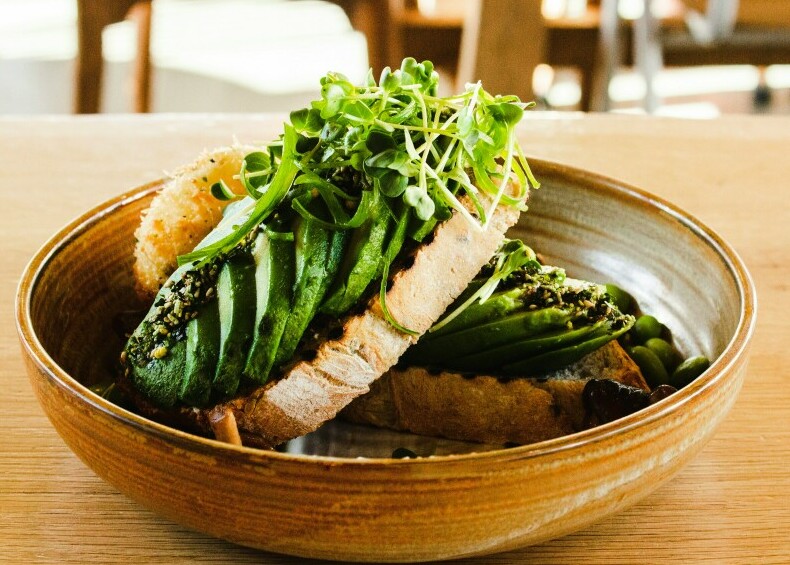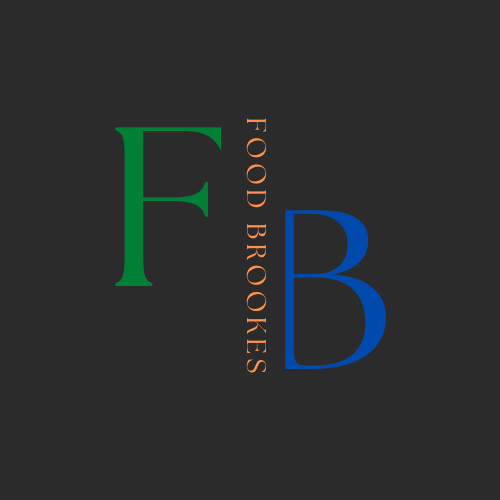If you’re on a journey to shed a few pounds, you may think snacking is off-limits. Not so. In fact, incorporating snacks into your diet can be an effective strategy for weight loss, as long as they’re chosen wisely.
Snacks high in protein, fibre, and healthy fats can keep you full between meals, preventing overeating at mealtimes. Plus, they can keep your metabolism active throughout the day. However, it’s crucial to pick snacks that pack a nutritional punch without too many calories.

My aim in this article is to set the record straight about how snacking can fit into a weight loss plan. I’ll give you solid, actionable advice on what to eat, how much, and when – advice that’s based not on hearsay but on scientific evidence and the counsel of nutritionists.
Consider this: a well-timed, balanced snack can be a weight loss ally. But remember, moderation is key. Overindulging in even the healthiest of snacks can set back your progress. It’s all about portion control and choosing snacks that satisfy hunger and taste buds without adding unnecessary calories.
In the following section, expect to find a curated list of nutritionist-recommended snacks. These aren’t your average, run-of-the-mill snack suggestions; they’ve been selected based on their nutrient profile and ability to promote satiety, which is just a fancy way of saying they’ll keep you full longer. This is where smart snacking and weight loss go hand in hand.
Nutritionist-Recommended Snacks for Weight Loss
When looking to lose weight, it’s critical to listen to experts. Rely on guidance from nutritionists who know which snacks will fuel the body without piling on unnecessary calories.
As a Nutritionists I often suggest snacks that have a balance of protein, fibre, and healthy fats. These nutrients provide satiety, which means you feel full longer and are less likely to overeat at your next meal.
Some top snacks that come highly recommended include Greek yogurt with berries, celery sticks with almond butter, and a handful of mixed nuts. Low-calorie yet filling, these options help control hunger and provide essential nutrients.
The key is in the balance. You want snacks that will keep your energy levels steady. Foods that are high in protein, like a boiled egg, can be combined with a complex carbohydrate like whole-grain toast to achieve this.

Knowing what to eat is the first step. Next, I’ll show you how you can easily prepare these healthy snacks yourself, ensuring you’re ready to make smart choices whenever hunger strikes.
DIY Healthy Snack Recipes
You’re in control when you make your snacks from scratch. You manage every ingredient, which means no hidden sugars, extra salt, or preservatives. Now, I’ve got a few recipes to share that are straightforward and support your weight loss goals.
For starters, consider raw veggie sticks such as carrots or cucumber with yoghurt. Blend chickpeas, tahini, lemon juice, and garlic for a healthy, protein-packed dip.
Next, let’s talk about a sweet treat that won’t derail your efforts: frozen banana bites. Slice a banana, add a smear of almond butter between slices, and freeze them. It’s a fantastic alternative to high-calorie desserts.
A personal favourite of mine is spicy roasted chickpeas. They’re crunchy, delicious, and high in fibre. Simply toss chickpeas with olive oil, your choice of spices, and roast them until crispy.
Remember, making snacks at home doesn’t mean hours in the kitchen. Many of these can be prepared in bulk and stored, making healthy choices readily available. This habit itself is a cornerstone of weight management.
How to Integrate Snacks Into Your Weight Loss Plan
Knowing what to snack on is half the battle; the other half is understanding how to incorporate these healthy options into your daily routine. I want to tell you about strategies that can help ensure your snacking supports your weight loss goals, rather than undermining them.
It’s critical to plan your snacks. Spontaneous snacking can lead you to make unhealthy choices or overeat. Try preparing your snacks at the beginning of the week, so you have them ready to go when hunger strikes. Pre-portioned veggies with hummus, a small bag of almonds, or a piece of fruit can all be excellent choices.
Timing matters too. Eating a healthy snack can keep energy levels stable and prevent overeating at meals. For many, a snack mid-morning and one mid-afternoon helps maintain a consistent energy supply and keeps the metabolism active. However, adjust the timing based on your hunger cues and daily routine.
Speaking of portion control, even healthy snacks can contribute to weight gain if eaten in large quantities. Measure out servings in advance rather than snacking from a large bag or container. This will help you avoid the pitfall of mindless eating.

Snacking on the go is often inevitable, whether you’re at work, running errands, or traveling. Packaging snacks in small containers or zip-lock bags makes it easier to stick to appropriate portion sizes and resist the temptation of convenience foods that are often loaded with excess calories.
Snacking with Intention for Effective Weight Loss
My experience has taught me that your mindset is as crucial as the snack drawer when it comes to losing weight effectively. To wrap this discussion up, let’s focus on how addressing the psychological aspect of snacking can be the game-changer in your weight loss journey.
To start, reframe how you view snacking. Think of it not as a pitfall but as a strategic part of your diet. Snacks are not cheats; they’re planned fuel stops that keep your body running efficiently. With this mentality, you’re more likely to choose snacks that are nourishing rather than ones that set you back.
Next, acknowledge that cravings and emotional eating are part of the human experience. However, when you recognise these moments, you can better manage them. Instead of reaching for a comfort cookie, find healthier ways to cope with stress or celebrate – like a brisk walk or sharing a laugh with a friend.
The key to snacking for weight loss is listening to your body. Tune into your hunger and fullness signals. It’s EASY TO OVEREAT when you’re not paying attention, but when you eat mindfully, you’ll find that a small, nutritious snack can be incredibly satisfying.

Remember, losing weight doesn’t mean you must feel constant hunger or deprivation. Smart, planned snacking can be a nutritiously effective way to manage your appetite and support your weight loss. Keep these snacks purposeful, and they will serve your goals – not sabotage them.
